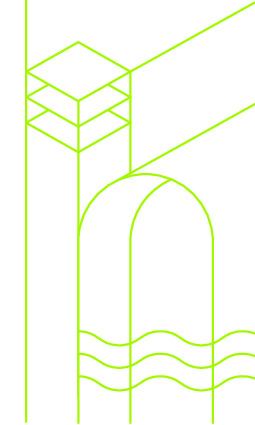|
|
|
| Module code: BIMA231 |
|
|
4VU (4 hours per week) |
|
6 |
| Semester: 2 |
| Mandatory course: no |
Language of instruction:
German |
Assessment:
Written exam
[updated 28.09.2020]
|
BIMA231 (P110-0114) Civil and structural engineering, Master, ASPO 01.10.2017
, semester 2, optional course
|
60 class hours (= 45 clock hours) over a 15-week period.
The total student study time is 180 hours (equivalent to 6 ECTS credits).
There are therefore 135 hours available for class preparation and follow-up work and exam preparation.
|
Recommended prerequisites (modules):
None.
|
Recommended as prerequisite for:
|
Module coordinator:
Prof. Dipl.-Ing. Frank Baur |
Lecturer:
Prof. Dipl.-Ing. Frank Baur
[updated 02.11.2020]
|
Learning outcomes:
After successfully completing this module, students will:
_ develop an economic and strategic understanding of the global interrelationships of resource availability and the regional possibilities of integrated waste management in terms of regional material flow management.
_ be able to scientifically apply their knowledge and understanding as well as their problem-solving skills, even in new, unfamiliar situations and in interdisciplinary projects
[updated 28.09.2020]
|
Module content:
_ Global resource budget
_ Systemic investigation of regional material budgets (material flow analysis)
_ Potentials in the field of secondary raw materials
_ Conceptual development of regional waste management structures under consideration of sustainability criteria (economic, ecological and social effects)
_ Implementation of a case study _ Seminar.
[updated 28.09.2020]
|
Teaching methods/Media:
_ Study trips
_ Use of automated tools (e.g. UMBERTO)
[updated 28.09.2020]
|
Recommended or required reading:
_ Baccin: Regionaler Stoffhaushalt
_ Bringezu: Navigation zu den Ressourcen der Zukunft
_ Johnke: Abfall, Energie und Klima
[updated 28.09.2020]
|


